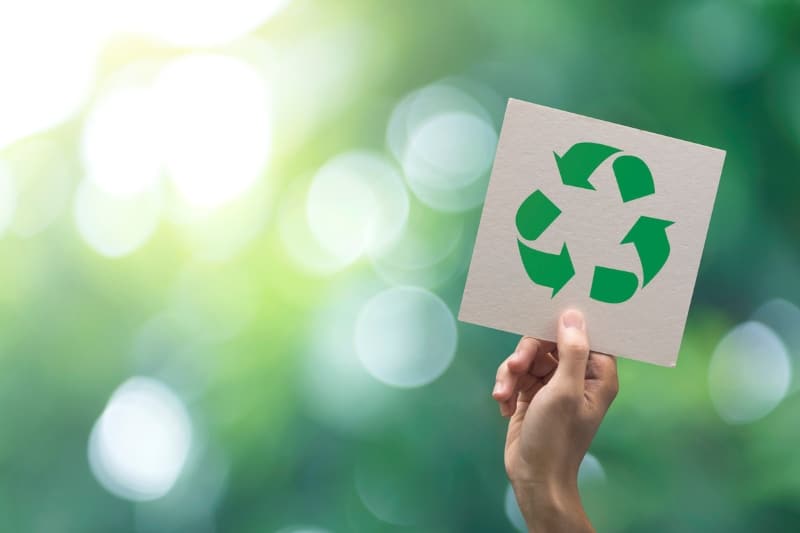PTT Global Chemical Plc (PTTGC), Thailand’s leading petrochemical producer by capacity, is taking significant steps towards manufacturing and recycling bio-based products. Originally established as a producer of commodity-grade polymers, the company has transitioned towards manufacturing bioplastics and recycling polyethylene terephthalate (PET) bottles over the past decade in response to the escalating global trend toward environmental conservation.
PTTGC aims to attain a net-zero objective, balancing carbon dioxide emissions and absorption by 2050, a target 15 years ahead of the government’s aim. The company’s recycling endeavors are poised to enhance Thailand’s management of PET bottle waste, a significant component of the country’s plastic waste stream. Annually, Thailand produces 1.9 million tonnes of plastic waste, with only a quarter being recycled. The remainder is either deposited in landfills or incinerated, contributing to marine pollution.
Initiated in 2017 through partnerships with local firms, PTTGC’s recycling initiative has recycled over 1.27 billion PET bottles, leading to an annual reduction of up to 141,500 tonnes of carbon dioxide emissions and creating employment opportunities for 1 million individuals. The recycled polyester yarns resulting from this process serve as raw materials for various fashion products, including clothing and bags. Additionally, PTTGC announced plans last year to construct a factory for producing polylactic acid (PLA) from sugar, with commercial operations expected to commence in the first half of 2025. PLA, a compostable biopolymer, finds application in diverse sectors such as coffee capsules, food packaging, 3D printing filaments, masks, and household appliances.
In 2021, PTTGC partnered with US-based Cargill Inc. to develop a USD 600 million PLA production facility in Nakhon Sawan, Thailand.
(Source: Bangkok Post)
